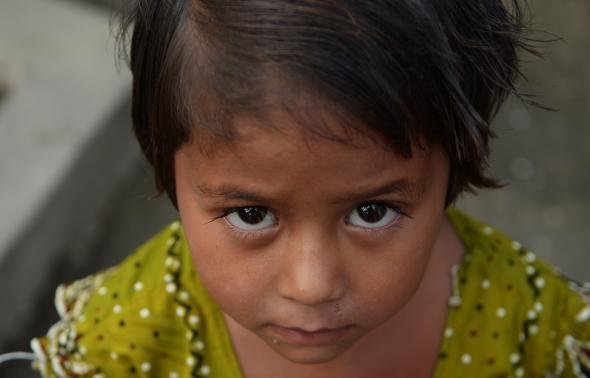India is passing a significant milestone this year—and one of the world’s most significant recent public health achievements—as it marks three years since the last diagnosed case of polio in the country. The World Health Organization is expected to formally declare the country polio-free in March. As recently as 2009, it accounted for half of the world’s polio cases.
Globally, there’s a strong link between polio and political instability. The disease has recently made a comeback in both the Horn of Africa and Syria, where years of brutal fighting have broken down national vaccination campaigns.
There’s also a striking contrast between India, where 170 million children are immunized annually as part of a nationwide campaign involving hundreds of thousands of volunteers begun in the 1990s, and neighboring Pakistan, where a similarly aggressive campaign has been hampered by extremist attacks on volunteers.
At least a dozen government vaccinators, whose efforts are portrayed by the Taliban as a Western conspiracy, have been killed or wounded in northwest Pakistan, in the past three months. Eighty-three new cases of the disease were reported in the country last year, making it one of only three in the world—along with Afghanistan and Nigeria—where polio remains endemic.
Of course, Pakistan’s efforts to convince people living in remote regions that there’s no reason to be suspicious of polio eradication efforts was not exactly helped by the CIA running a phony vaccination program to gain information on Osama Bin Laden’s campaign in Abbottabad.
At this point, as India’s success shows, the eradication of this disease even in poor, rural areas is an achievable goal. The main factors keeping polio in existence are not medical, but extremism, political instability, war, and paranoia. It might be nice if U.S. counterterrorism efforts didn’t contribute to this paranoia in the future.
